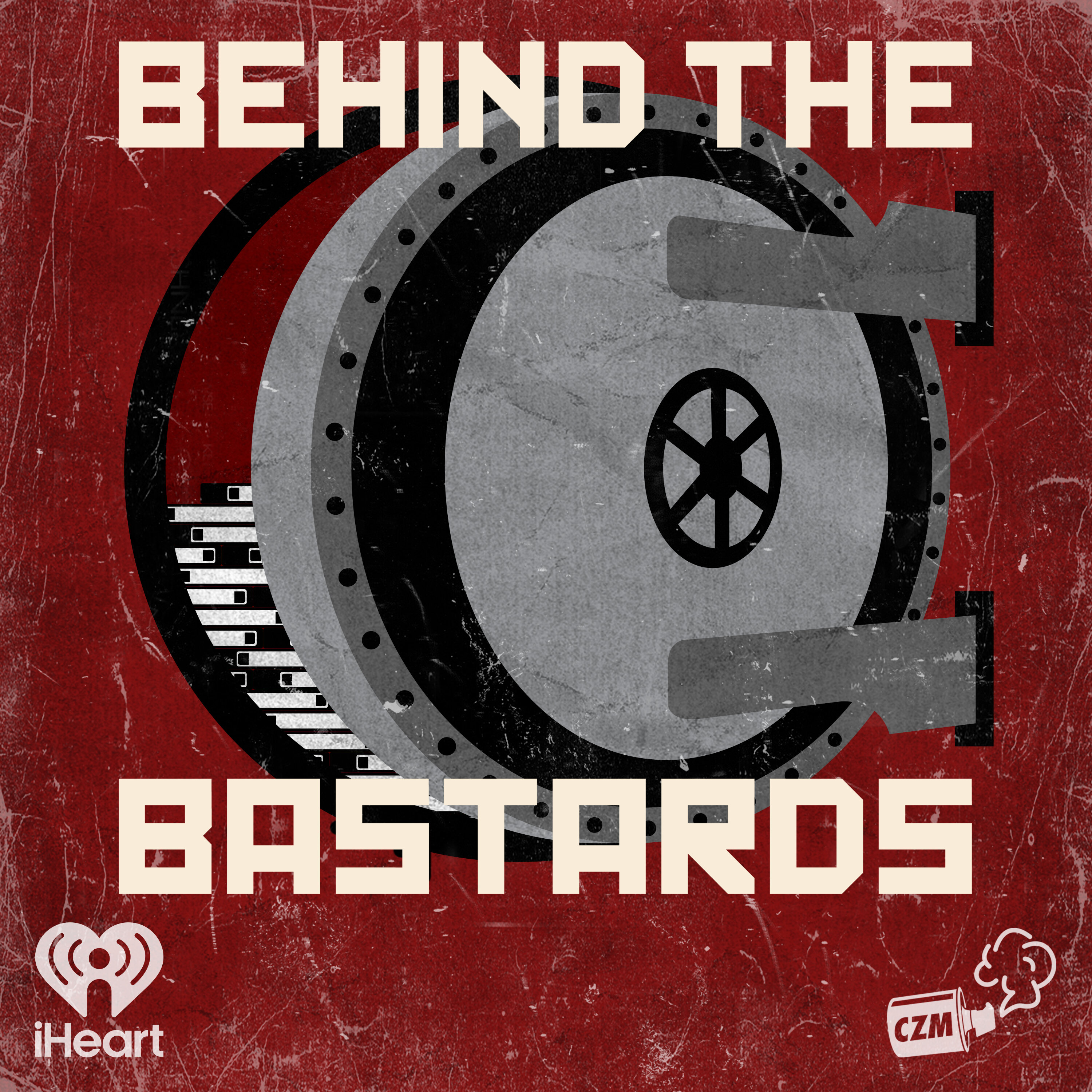Chapter

The Militarization of Policing
In the 1970s, many trainers who had been training foreign police forces moved to work in law enforcement and brought with them a militarized vision of policing. This led to the suppression of social movements and a heavy-handed approach to crime control.
Clips
The US government has historically trained police agencies of other countries in suppressing left-wing political movements, viewing them as more valuable and acceptable than the army in keeping order over long periods of time.
1:18:15 - 1:20:39 (02:24)
Summary
The US government has historically trained police agencies of other countries in suppressing left-wing political movements, viewing them as more valuable and acceptable than the army in keeping order over long periods of time. This practice began during the 1960s and was viewed as an important component of the US' global counter-insurgency efforts.
ChapterThe Militarization of Policing
EpisodeBehind the Police: How The Police Declared War On All Of Us
PodcastBehind the Bastards
Trainers who previously trained foreign police moved into law enforcement, including the DEA, FBI, and local and state police, bringing a more militarized approach to policing rooted in the Cold War mindset of suppressing social movements through counterintelligence and heavy-handed crime control.
1:20:39 - 1:24:17 (03:38)
Summary
Trainers who previously trained foreign police moved into law enforcement, including the DEA, FBI, and local and state police, bringing a more militarized approach to policing rooted in the Cold War mindset of suppressing social movements through counterintelligence and heavy-handed crime control.